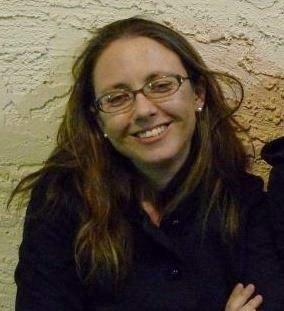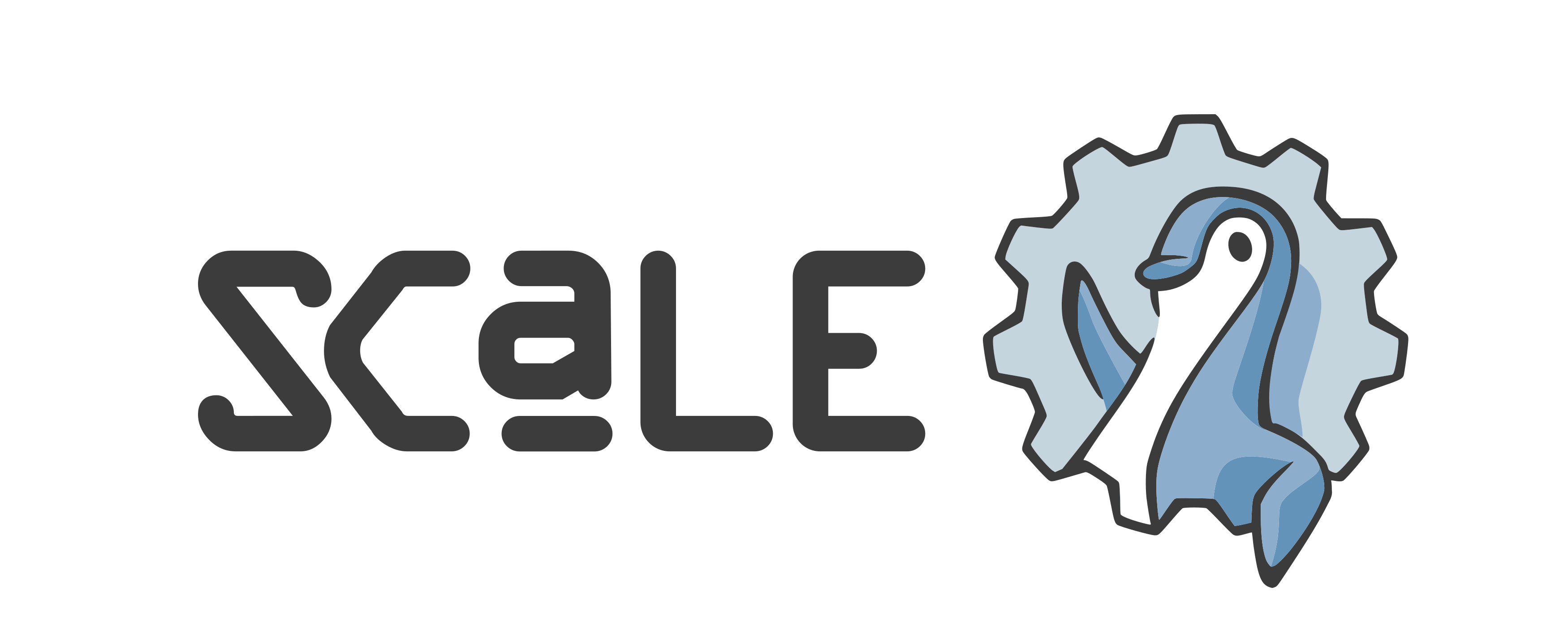
Fedora Project Leader Robyn Bergeron took some time to talk to the SCALE Team about her talk, "Managing the Release and Life Cycle of an Open Source Software Project in a Community," which will be given on Friday, Feb. 22, at 3 p.m. in the Los Angeles C room. Robyn shares with us a background of the talk and her view of SCALE.
Q: Could you please introduce yourself and tell us a little about your background?
A: Greetings! My name is Robyn, and I'm the Fedora Project Leader, and Red Hat is my awesome employer. My background is... well... filled with variety. I spent my first "real" working years progressing through help desk, operations, and systems administration at Motorola, and then transitioned into a role as an industry analyst, writing reports about things like server and pc shipments, PDAs (am I dating myself yet?), and going to a lot of conferences. I usually get the raised eyebrow look when people hear about that move, since they seem worlds apart, but I had always enjoyed writing, and actually attempted to study economics for a few years in college, so doing forecasting and writing about technologies that actually interested me seemed like a stellar opportunity.
I later moved on to do strategic marketing at Intel, doing things like building forecasts around crazy "what-if" scenarios, looking for new market opportunities, and reading a lot research reports that were much like the ones I had previously authored. And not long after that, I had a stellar opportunity in motherhood, so I did that for about 7 years as my only full-time job (and continue to do so still, of course, but now it is one of my two full-time jobs. *grin*).
My open source beginnings were fairly accidental; I had used Linux in the '90s, and wrote here and there about embedded Linux as an analyst, but had never participated in an open source community. By way of my significant other, I volunteered to edit the Ottawa Linux Symposium proceedings, which required me to use Fedora; a year later, by chance, I stumbled upon Fedora's marketing team page, and thought to myself, "Hey, I know about marketing things!" - and soon found myself becoming more immersed in the community doing various things. And then becoming employed as the Fedora Program Manager (also knows as "the schedule wrangler"), and now as the Fedora Project Leader.
Q: Without tipping your hand on the actual talk you're giving (unless you want to), can you give us an idea of what we might expect?
A: Sure! I've worn a lot of different hats (so to speak) during my time as an open source contributor, and I like to share some of my lessons learned back with the community; I've given talks in the past about marketing and strategy in open source communities, but this talk is really geared towards the logistical management of getting an open source project out the door to users, while building a community of contributors along the way. So there's definitely some talk about building a project schedule, but the meat of the session is around how good communication, easy processes, and clear expectations can help your open source project have meaningful contributions from a growing community. People have busy lives and often aren't in the lucky position of working in open source as their job, or are doing it as a hobby, and only have a certain number of hours per week; communication about logistics, timing, and so forth helps contributors to work time into their schedules, and to have a longer-term picture of any of their project commitments. It's especially important in fast-paced projects, where prospective contributors might be daunted by what seems to be non-stop activity with no rhythm, or feel like their small amount of time might not be useful -- it's really about helping them find a balance and feeling comfortable about what's going on.
And I'll additionally add this: Some people see words like "release management" and assume that I'm going to be talking about compiling and build tools and that kind of thing. This isn't the case! But as always - while I'm sure you would get tons of heady goodness from my talk, there is always a great variety of content at SCALE, and I totally encourage people to make the most of their time seeing the content that they feel will give them the most value.
Q: Is this your first visit to SCALE? If so, what are your expectations? If not, can you give us your impressions of the event?
A: This will actually be my third year (and consecutive, at that) coming to SCALE. I have a particular soft spot for the "by-and-for community" conferences, and SCALE is definitely one of the shining stars in this category. There's always amazing content, incredibly smart people who are willing to share their knowledge, and there's really something for everyone going on at any time. The community conferences really distinguish themselves from the more corporate-organized, expensive conferences not only by lowering the financial barrier to entry, but they really do cut out a lot of the corporate crap; you won't find awkward, out of place paid sessions, or sessions that feel more like a timeshare marketing pitch. The people at SCALE - presenters, attendees, and the amazing organizers - are down to earth, genuinely passionate, and generally just pretty freaking awesome.
I also love SCALE because it's practically in my backyard; I'm coming from Phoenix, Arizona, so I usually wind up running into people I know locally, as well as people I know from the Fedora community and other open source communities. The hallway track is always excellent; if there's one thing I can say to someone who has never attended a conference like this before, it's that you should definitely get out and meet people while you're there, and don't hesitate to ask questions or just say hi to people. You'll make friends and contacts, and learn a lot of new things, that will last you a lifetime.
Q: Is there anything else you'd like to add?
A: I may be running a not-officially-scheduled session on how to overuse the semi-colon, em dash, and en dash in your writings in the lounge on Friday night. (Okay, not really. :D). Swing by the Fedora booth and say hi!
[SCALE Team interview by Larry Cafiero]
